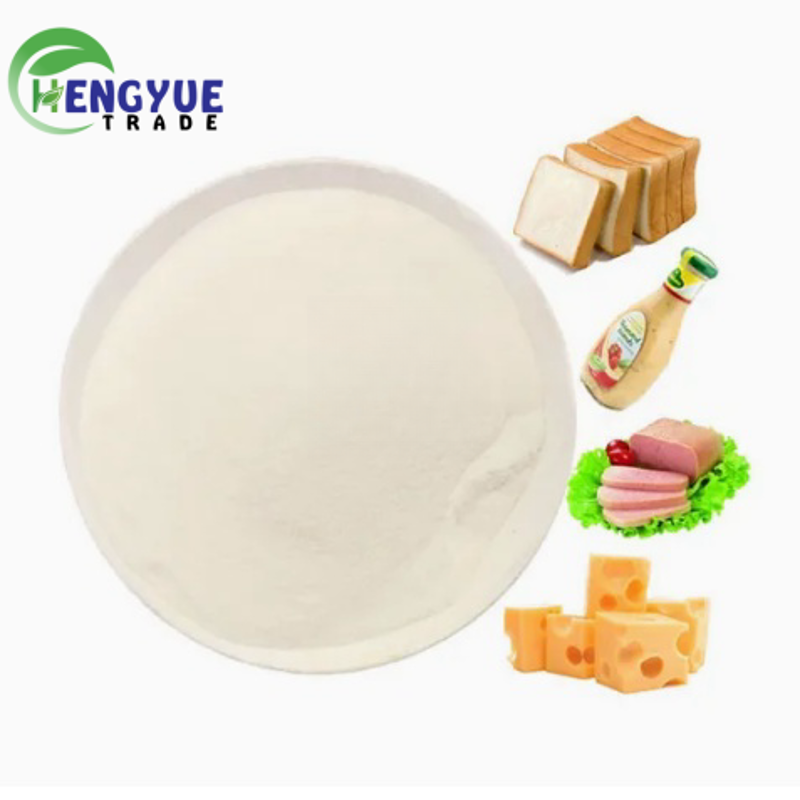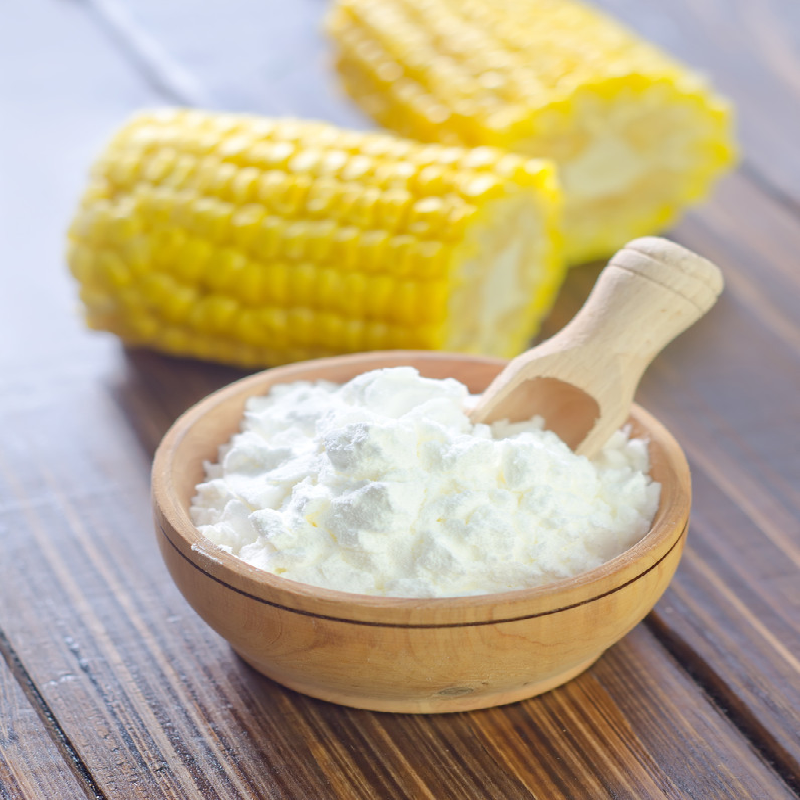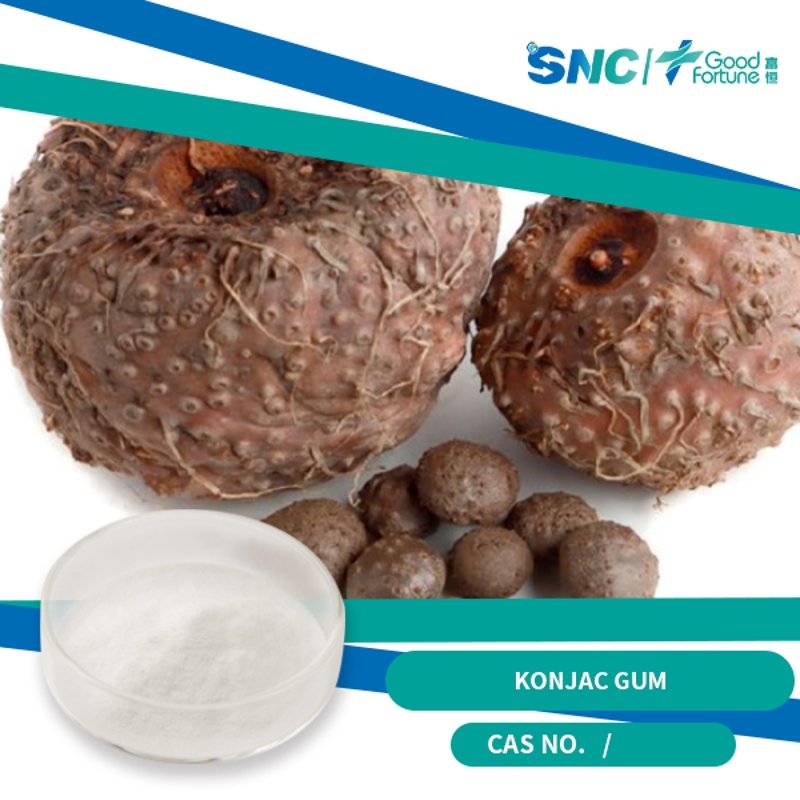Why do some foods need thickeners
-
Last Update: 2017-11-11
-
Source: Internet
-
Author: User
Search more information of high quality chemicals, good prices and reliable suppliers, visit
www.echemi.com
Introduction: we all know that a lot of foods have thickeners, so why do some foods need thickeners? Is it safe to add thickeners to foods? Let's ask the small editor of Baibai safety net and let him give us an answer The so-called thickener refers to the substance that can greatly increase viscosity when added to water Substances that dissolve in water to effectively increase viscosity are called "thickeners." There are many substances that can play a thickening role, but only a limited number are allowed to be used in food Viscosity is a physical quantity that describes what we usually call "viscosity" For example, the viscosity of water is very low, while that of oil is much higher; if it is paste, the viscosity is very high Why do some foods need to be thickened? Because many foods, especially drinks, have some insoluble ingredients scattered in the water, which is better than if there are pulp residues in the juice, fat particles in the milk, chocolate in the chocolate milk and cocoa powder particles in the cocoa milk These insoluble components are different from the density of water, so they cannot be stably distributed in water The lighter ones will float to the surface of the water - oil particles, for example; the heavier ones will sink to the bottom, more than meat scraps, etc But we hope that these drinks are even In terms of food technology, it is necessary to slow down the rising or settling speed of these heterogeneous ingredients Whether it is the theoretical calculation of hydrodynamics or the experimental results in food research, it is proved that the floating or settling speed of these substances is inversely proportional to the viscosity of the liquid; that is to say, the higher the viscosity, the slower the stratification speed Therefore, increasing the viscosity of aqueous solution has become an effective means to increase the stability of this kind of food Thickening agents have the functions of thickening, stabilization, homogenization, emulsification, gelation, masking, flavoring, clarification and foam stabilization Is it safe to add thickener in food? As a kind of food additive approved by the state, as long as it is added within the specified scope of use, it will not harm the human body and is safe, but if it is used excessively for a long time or the food containing thickener is eaten for a long time, it will have an impact on human health Therefore, for our own health, we should also actively understand food safety knowledge, master more food additives, and reduce the intake of food toxic substances Editor in charge: he xianrob
This article is an English version of an article which is originally in the Chinese language on echemi.com and is provided for information purposes only.
This website makes no representation or warranty of any kind, either expressed or implied, as to the accuracy, completeness ownership or reliability of
the article or any translations thereof. If you have any concerns or complaints relating to the article, please send an email, providing a detailed
description of the concern or complaint, to
service@echemi.com. A staff member will contact you within 5 working days. Once verified, infringing content
will be removed immediately.







